Deed Preparation Attorneys in Alaska

Make Sure the Right People Own the Right Property, Now and in the Future
Do you know how your home is titled? If something were to happen tomorrow, would it pass according to your wishes, get delayed, or trigger a tax issue?
In Alaska, the way your property is titled matters. Whether you are placing real estate into a trust, transferring it to a family member, or confirming joint ownership, the deed must be carefully prepared, properly executed, and legally recorded.
At Foley Pearson Riekkola Iverson, we help clients across Alaska prepare and record deeds that reflect their estate planning goals and comply with state law. We understand how a deed fits into the broader picture of your plan—and we make sure it is done right.
What Is a Deed, and Why Does It Matter?
A deed is a legal document used to transfer ownership of real property. It determines who holds legal title to a home, cabin, land, or other real estate—and under what conditions. There are several types of deeds commonly used in Alaska, including:
- Warranty Deeds: which guarantee clear title and are often used when transferring property into a revocable living trust
- Quitclaim Deeds: which transfer ownership without warranties and are sometimes used between family members or for corrections
- Transfer on Death (TOD) Deeds: also known as beneficiary deeds, which allow property to pass to named individuals outside of probate
At Foley Pearson Riekkola Iverson, we draft and record deeds as part of estate plans and trust funding. We also help clients correct or update existing deeds that may contain outdated names, unclear ownership terms, or inconsistent titling.
When Do You Need a New Deed?
Deed preparation is often a key step when:
- Funding a revocable living trust
- Changing from individual to joint ownership (or vice versa)
- Transferring property between spouses or to adult children
- Clarifying title in blended families or following a divorce
- Coordinating real estate with community property agreements
- Ensuring accurate titling for cabins, rental properties, or undeveloped land
We also review deeds during trust and estate administration to confirm ownership and determine whether probate is required. Alaska’s recording statutes and title standards must be followed carefully—especially when multiple owners, inherited interests, or long-held property are involved.
What Can Go Wrong Without Proper Deed Work?
Many estate plans fail not because the documents are wrong—but because the deeds were never updated. Common mistakes include:
- Property never transferred into a trust, resulting in avoidable probate
- Outdated names (such as a deceased spouse) remaining on title
- Incorrect ownership percentages among family members
- Use of the wrong type of deed for the intended transfer
- Missing or unrecorded deeds, which can complicate title and delay administration
In Alaska, even a small error—like an improperly notarized signature or partially incorrect legal description—can cause a deed to be rejected or ignored. These issues often surface only when a sale, refinance, or probate occurs—and by then, they can be time-consuming and expensive to fix.
Why Should You Work with Foley Pearson Riekkola Iverson?
Deeds are more than just documents—they are a key part of a comprehensive estate plan. At Foley Pearson Riekkola Iverson, we do not prepare deeds in isolation. We:
- Coordinate deed work as part of trust funding, gifting, or ownership changes
- Ensure consistency with your broader estate planning goals
- Record deeds with the Alaska Department of Natural Resources
- Work with title companies, lenders, and real estate professionals when needed
- Include deed review in our The Generations Program to keep plans current over time
We take the time to get the details right—so that your plan functions as it should, without surprises later.
Start With the Right Foundation, Register for Our Online Estate Planning Workshop
If your estate plan includes real property, it is worth confirming that your deeds reflect your intentions. Foley Pearson Riekkola Iverson can help you prepare, review, and record deeds that fit your goals and keep your plan intact.
Attend a free online estate planning workshop or contact our team to learn more about how deed preparation fits into your overall estate plan.

Working With Foley Pearson Riekkola Iverson, P.C.
We recommend that anyone beginning the estate planning process start by attending one of our free, lawyer-led workshops. It’s a practical introduction to the process, the key concepts, and how our firm approaches planning. You’ll gain the knowledge you need now—so you can ask the right questions later.
After the workshop, the next step is to complete our intake forms. This helps us understand your goals, your family dynamics, and the assets you want to protect. With the full picture in hand, we can craft a plan that’s tailored to you.
Once we have reviewed the information you provide, you will meet with an attorney to design your estate plan. The attorney will guide you through your options, answer any questions, and help identify the best structure for your goals—whether that involves a Will, a Trust, or a combination of planning tools.
After your documents are signed, we assist with funding your Trust and transferring key assets into it. Then you have the option to enroll in our Generations, which provides ongoing support to help you maintain and update your plan over time, so it continues to reflect your wishes and functions as intended when it matters most.
Do You Need a Will or Trust?
Whether you are just beginning to think about planning for your estate, need to update your existing documents, or have questions after the loss of a loved one, we are here to help.
Are You Unsure About What You Need?
Whether you are just beginning to think about planning for your estate, need to update your existing documents, or have questions after the loss of a loved one, we are here to help.

